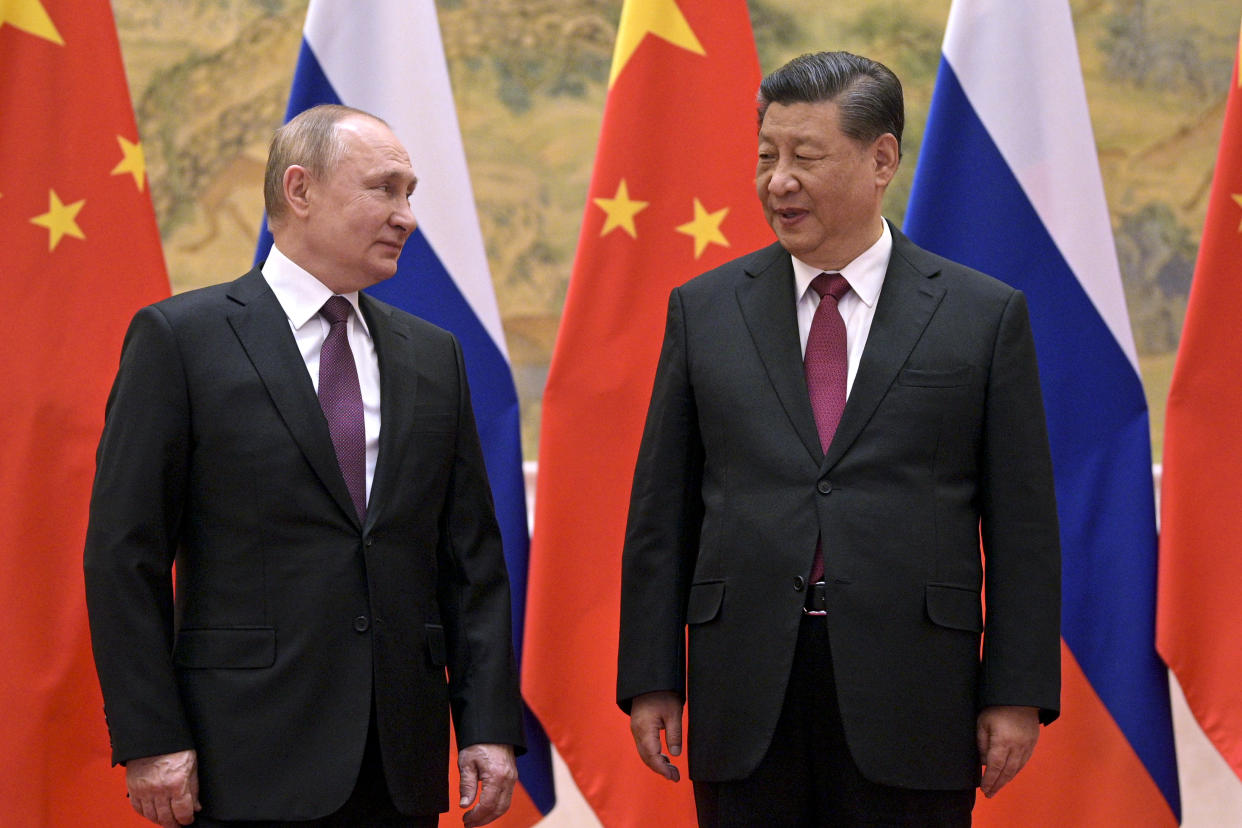China invading Taiwan remains a top economic concern: Interactive Brokers founder
Russia continues to lay siege to Ukraine, recently claiming victory in the port city of Mariupol after weeks of bombardment. The war in Ukraine and ensuing sanctions have placed pressure on Russian and global industries throughout various sectors, and looming rate hikes by the Federal Reserve create an uncertain road for markets in the months ahead.
Interactive Brokers Group (IBKR) founder and chairman Thomas Peterffy says that China potentially invading Taiwan remains the top geopolitical and economic risk right now.
“I’m more concerned about the political situation, both internationally and domestically and its impact on the economy,” Peterffy told Yahoo Finance Live. “So internationally, I'm really worried about China potentially going into, expanding to Taiwan and potentially other places.”
Peterffy joined Yahoo Finance Live to discuss the state of investing amid the current inflationary environment, geopolitical risks, and recession concerns. Interactive Brokers is an American multinational brokerage firm with headquarters in Greenwich, Connecticut. The company provides trade execution and clearing services to institutional and professional traders for stocks, options, futures, currencies, bonds, gold, cryptocurrencies, and funds worldwide.
The expert consensus is that it would be extremely difficult for China’s People’s Liberation Army to launch an amphibious invasion of Taiwan, or the Republic of China (ROC). U.S. Treasury Secretary Janet Yellen recently stated that they would be prepared to use all of its sanctions tools against China if Beijing made a move towards Taiwan.
The Biden administration has expressed their views that sanctions are an effective tool to disincentivize further aggression. However, fears remain high, even among Taiwan’s neighbors, that a possible invasion looms. Taiwan Semiconductor Manufacturing Company (TSM) is currently the largest semiconductor manufacturer in the world, and an invasion could have severe ramifications for a global economy that is already experiencing a shortage of chips.

Domestic risks
As for domestic political risks, Peterffy believes that the polarization of American politics, as well as increased corporate involvement, poses the largest socioeconomic risk.
“And domestically — I’ve lived here for over 50 years in America — and I don't recall a situation where people were so far apart on sociopolitical issues, and I don’t recall a situation in which corporations would take such a large role in these issues,” he said.
On top of this, Peterffy said, the Fed’s rate hike campaign may already be too far behind in its mission to quell surging prices. Some experts believe that April may be the “high-water mark” for inflation — and the rest of the year will be characterized by a slowdown in growth — but Peterffy does not think this to be the case.
“Finally, they are going to raise the rates, I just think that raising the rate to 2% to 3% is not going to do the job,” he said. “So I believe that they are so far behind that they will have to race [to effectively slow inflation]. And that is not going to be a peaceful outcome.”
Thomas Hum is a writer at Yahoo Finance. Follow him on Twitter @thomashumTV
Read the latest financial and business news from Yahoo Finance
Follow Yahoo Finance on Twitter, Instagram, YouTube, Facebook, Flipboard, and LinkedIn
